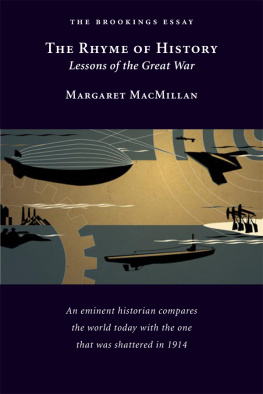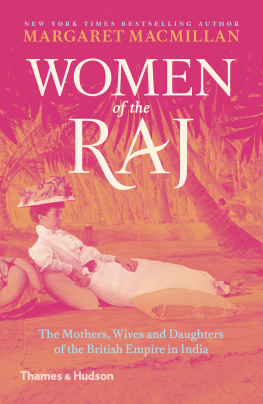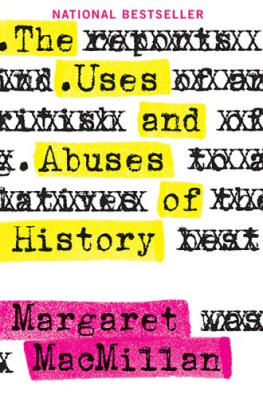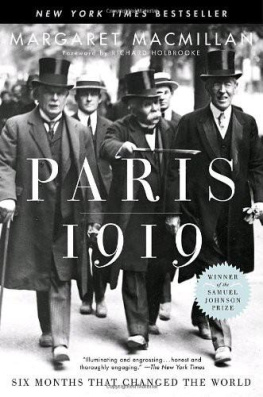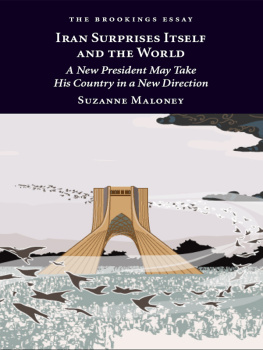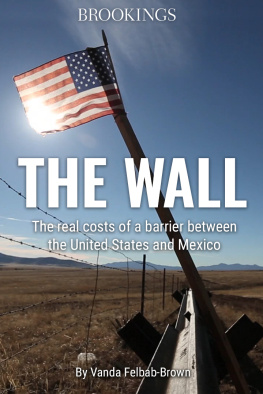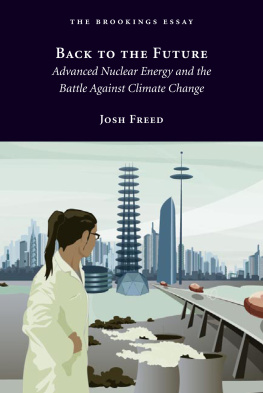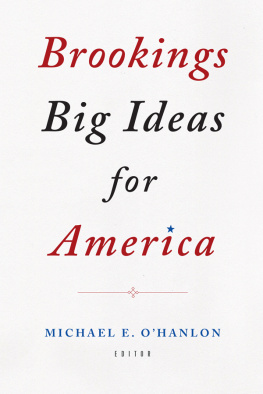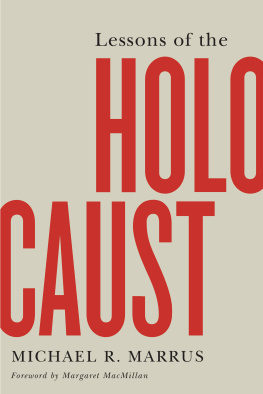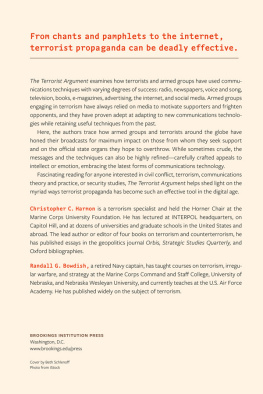THE BROOKINGS ESSAY
This essay is available for Kindle and other e-book formats. Other Brookings essays available as e-books include:
New Players on the World Stage: Chinese Provinces and Indian States 2013, William Antholis
The Promise: The Families of Sandy Hook and
the Long Road to Gun Safety
2013, Matt Bennett
A Deadly Triangle: Afghanistan, Pakistan, and India
2013, William Dalrymple
Iran Surprises Itself and the World: A New President May Take His Country in a New Direction
2013, Suzanne Maloney
EARLIER THIS YEAR I was on holiday in Corsica and happened to wander into the church of a tiny hamlet in the hills where I found a memorial to the dead from World War I. Out of a population that can have been no more than 150, eight young men, bearing among them only three last names, had died in that conflict. Such lists can be found all over Europe, in great cities and in small villages. Similar memorials are spread around the globe, for the Great War, as it was known prior to 1940, also drew soldiers from Asia, Africa, and North America.
World War I still haunts us, partly because of the sheer scale of the carnage10 million combatants killed and many more wounded. Countless civilians lost their lives, too, whether through military action, starvation, or disease. Whole empires were destroyed and societies brutalized.
But there's another reason the war continues to haunt us: we still cannot agree why it happened. Was it caused by the overweening ambitions of some of the men in power at the time? Kaiser Wilhelm II and his ministers, for example, wanted a greater Germany with a global reach, so they challenged the naval supremacy of Great Britain. Or does the explanation lie in competing ideologies? National rivalries? Or in the sheer and seemingly unstoppable momentum of militarism? As an arms race accelerated, generals and admirals made plans that became ever more aggressive as well as rigid. Did that make an explosion inevitable?
Or would it never have happened had a random event in an Austro-Hungarian backwater not lit the fuse? In the second year of the conflagration that engulfed most of Europe a bitter joke made the rounds: Have you seen today's headline? Archduke Found Alive: War a Mistake. That is the most dispiriting explanation of allthat the war was simply a blunder that could have been avoided.
The search for explanations began almost as soon as the guns opened fire in the summer of 1914 and has never stopped. Scholars have combed through archives from Belgrade to Berlin looking for the causes. An estimated 32,000 articles, treatises, and books on World War I have been published in English alone. So when a British publisher took me out to lunch on a lovely spring day in Oxford five years ago and asked me if I would like to try my hand at one of history's greatest puzzles, my first reaction was a firm no. Yet afterward I could not stop thinking about this question that has haunted so many. In the end I succumbed. The result is yet another book, my own effort to understand what happened a century ago and why.
It was not just academic curiosity that drove me, but a sense of urgency as well. If we cannot determine how one of the most momentous conflicts in history happened, how can we hope to avoid another such catastrophe in the future?
if we can see past our blinders and take note of the telling parallels between then and now, the ways in which our world resembles that of a hundred years ago, history does give us valuable warnings.
Just look at the actual and potential conflicts that dominate the news today. The Middle East, made up largely of countries that received their present borders as a consequence of World War I, is but one of many areas around the globe that is in turmoil, and has been for decades. Now there's a civil war in Syria, which has raised the spectre of a wider conflict in the region while also troubling relations among the major powers and testing their diplomatic skills. The Bashar al-Assad regime's use of poison gasa weapon first deployed in the trench warfare of 1914, then outlawed because world opinion viewed it as barbaricnearly precipitated American airstrikes. Commentary on these developments was filled with references to the guns of that long-ago August. Just as policymakers then discovered they had started something they could not stop, so this past summer we feared that such airstrikes might lead to a wider and more long-lasting conflict than anyone in President Barack Obama's administration could foresee.
The one-hundredth anniversary of 1914 should make us reflect anew on our vulnerability to human error, sudden catastrophes, and sheer accident. So we have good reason to glance over our shoulders even as we look ahead. History, said Mark Twain, never repeats itself but it rhymes. The past cannot provide us with clear blueprints for how to act, for it offers such a multitude of lessons that it leaves us free to pick and choose among them to suit our own political and ideological inclinations. Still, if we can see past our blinders and take note of the telling parallels between then and now, the ways in which our world resembles that of a hundred years ago, history does give us valuable warnings.
The Promise and Peril of Globalization, Then and Now
Though the era just before World War I, with its gas lighting and its horse-drawn carriages, seems very far off and quaint, it is similar in many waysoften unsettlingly soto ours, as a look below the surface reveals. The decades leading up to 1914 were, like our own time, a period of dramatic shifts and upheavals, which those who experienced them thought of as unprecedented in speed and scale. The use of electricity to light streets and homes had become widespread; Einstein was developing his general theory of relativity; radical new ideas like psychoanalysis were finding a following; and the roots of the predatory ideologies of fascism and Soviet communism were taking hold.
Globalizationwhich we tend to think of as a modern phenomenon, created by the spread of international businesses and investment, the growth of the Internet, and the widespread migration of peopleswas also characteristic of that era. Made possible by many of the changes that were taking place at the time, it meant that even remote parts of the world were being linked by new means of transport, from railways to steamships, and by new means of communication, including the telephone, telegraph, and wireless. Then, as now, there was a huge expansion in global trade and investment. And then as now waves of immigrants were finding their way to foreign landsIndians to the Caribbean and Africa, Japanese and Chinese to North America, and millions of Europeans to the New World and the Antipodes.
Taken together, all these changes were widely seen, particularly in Europe and America, as clear evidence of humanity's progress, suggesting to many that Europeans, at least, were becoming too interconnected and too civilized to resort to war as a means of settling disputes. The growth of international law, the Hague disarmament conferences of 1899 and 1907, and the increasing use of arbitration between nations (of the 300 arbitrations between 1794 and 1914 more than half occurred after 1890) lulled Europeans into the comforting belief that they had moved beyond savagery.
The fact that there had been an extraordinary period of general peace since 1815, when the Napoleonic wars ended, further reinforced this illusion, as did the idea that the interdependence of the countries of the world was so great that they could never afford to go to war again. This was the argument made by Norman Angell, a small, frail, and intense Englishman who had knocked around the world as everything from a pig farmer to a cowboy in the American West before he found his calling as a popular journalist. National economies were bound so tightly together, he maintained in his book,

